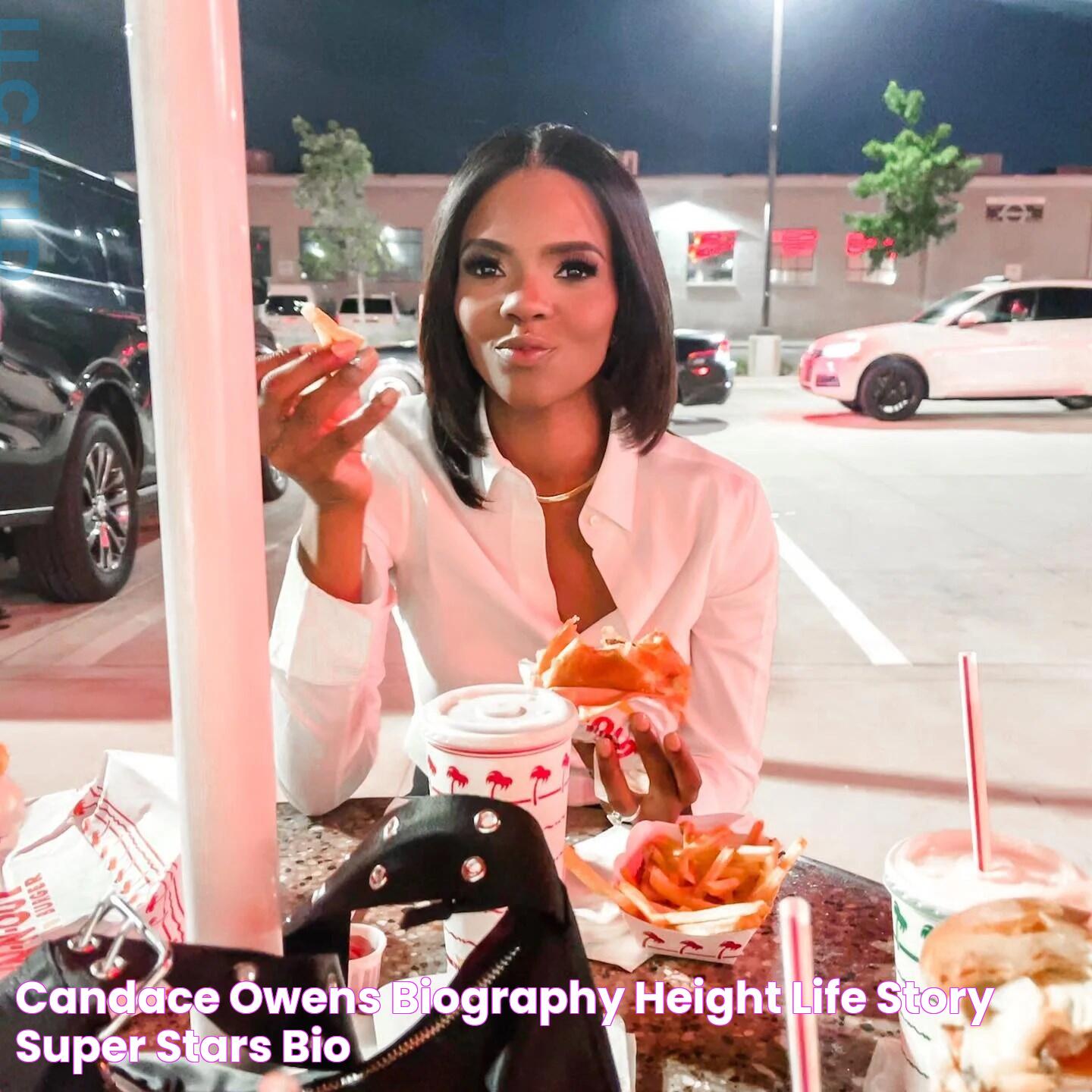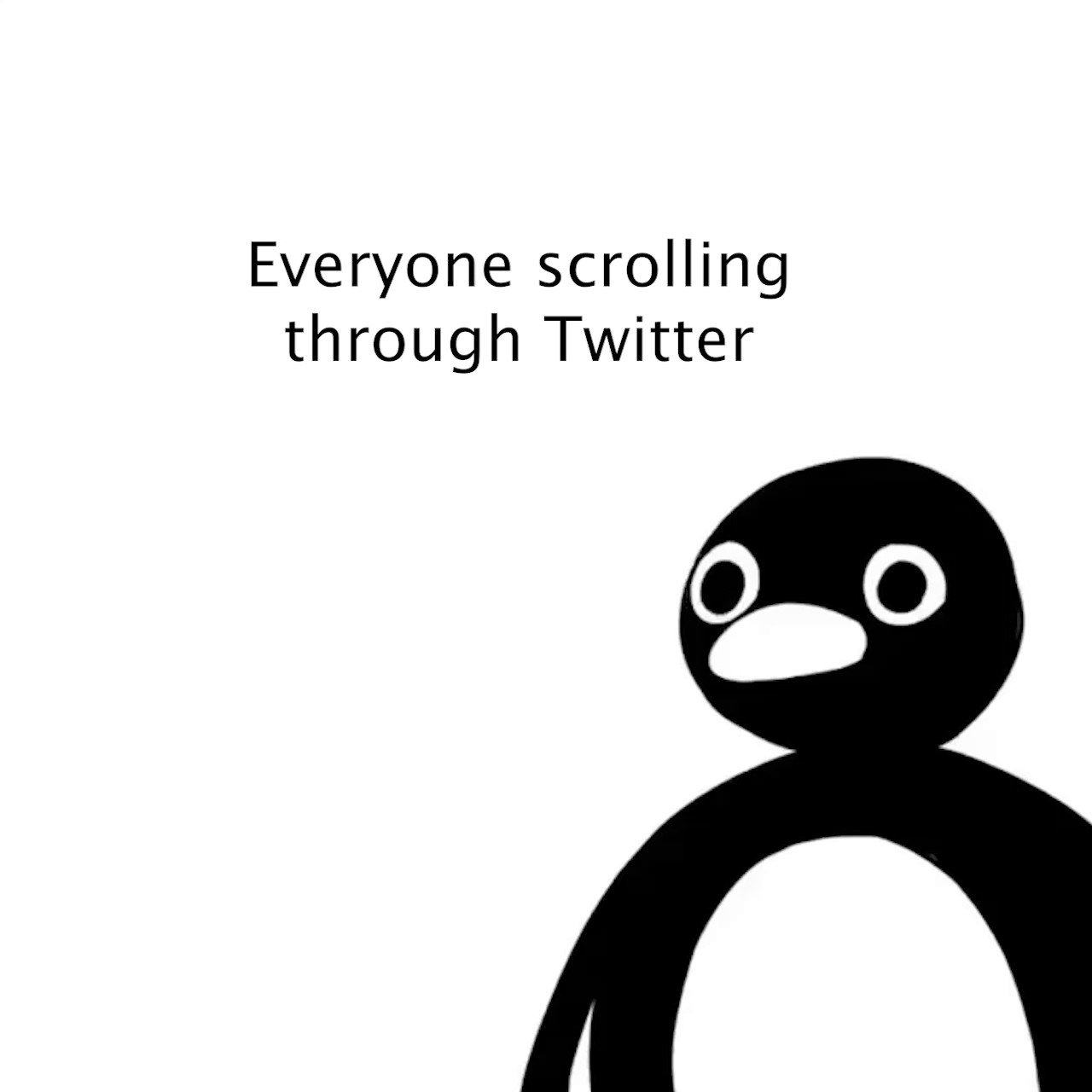Candace Owens On Ariana Grande: A Closer Look At The Conversation

When two prominent figures like Candace Owens and Ariana Grande intersect in the public sphere, it sparks curiosity and opens the door to thought-provoking discussions. Candace Owens, a conservative commentator known for her outspoken opinions, and Ariana Grande, a global pop sensation celebrated for her music and social advocacy, occupy vastly different spaces in the cultural and political landscape. Yet, whenever their names are mentioned together, it creates a buzz that resonates across social media and public discourse.
At first glance, it might seem surprising to draw parallels between these two influential women. Owens is a polarizing political commentator, while Grande is a beloved entertainer with a massive fanbase. However, their respective platforms and influence often lead them to weigh in on societal issues, sometimes resulting in indirect or direct commentary on each other's actions, personas, or stances. This dynamic has captured the attention of fans, critics, and media outlets alike.
This article dives deep into the relationship, if any, between Candace Owens and Ariana Grande, analyzing their public personas, exploring their contrasting ideologies, and examining specific instances where their paths may have crossed. We'll also discuss what their influence says about modern culture and society. By the end, you'll have a comprehensive understanding of why the "Candace Owens on Ariana Grande" topic has garnered so much attention.
Read also:Insights Into Use For My Talent Drama Zu Yan And Junjies Impact
Table of Contents
- Who is Candace Owens?
- Who is Ariana Grande?
- Candace Owens: Personal Details
- Ariana Grande: Personal Details
- What Led to Their Connection?
- Contrasting Ideologies: A Clash of Worlds
- What Has Candace Owens Said About Ariana Grande?
- Has Ariana Grande Responded to Candace Owens?
- How Did Social Media React?
- The Cultural Impact of Their Interactions
- What Lessons Can We Learn from Their Public Exchange?
- FAQs
- Conclusion
Who is Candace Owens?
Candace Owens is a prominent conservative commentator, author, and political activist who has made a name for herself through her outspoken views on social and political issues. Born on April 29, 1989, in Stamford, Connecticut, Owens rose to fame as a critic of liberal ideologies and a staunch supporter of conservative values. She is perhaps best known for her videos and speeches that often go viral on social media, as well as her controversial takes on race, politics, and culture.
Owens began her career in marketing and moved into political commentary in the mid-2010s, gaining recognition for her ability to articulate her views in a clear and compelling manner. She is frequently invited to speak on national platforms and has authored books that delve into her political philosophy and worldview.
Early Life and Education
Born to a working-class family, Owens faced challenges early in her life, including racial discrimination during high school. She attended the University of Rhode Island, majoring in journalism, although she did not graduate. Her formative years were marked by experiences that later shaped her conservative ideology.
Career Highlights
- Former Director of Communications at Turning Point USA
- Host of "The Candace Owens Show"
- Published author of the book "Blackout: How Black America Can Make Its Second Escape from the Democrat Plantation"
Who is Ariana Grande?
Ariana Grande is a globally renowned singer, songwriter, and actress who has captivated audiences with her powerful voice and vibrant personality. Born on June 26, 1993, in Boca Raton, Florida, Grande began her career as a child star on Nickelodeon before transitioning into a music career that has earned her numerous awards and a devoted fanbase.
Grande's music spans various genres, including pop, R&B, and dance, and her albums often debut at the top of the charts. Known for her vocal range and iconic ponytail, she has become a cultural icon and a role model for millions.
Early Life and Education
Grande showed an early interest in music and acting, performing in local theater productions and national television shows. Her big break came with her role as Cat Valentine on Nickelodeon's "Victorious" and its spin-off "Sam & Cat."
Read also:The Meaning Of Pimpin A Comprehensive Guide
Career Highlights
- Six studio albums, including "Thank U, Next" and "Positions"
- Multiple Grammy Awards and Billboard Music Awards
- Social advocate for mental health and LGBTQ+ rights
Candace Owens: Personal Details
| Full Name | Candace Amber Owens Farmer |
|---|---|
| Birthdate | April 29, 1989 |
| Birthplace | Stamford, Connecticut, USA |
| Occupation | Political Commentator, Author |
| Spouse | George Farmer |
Ariana Grande: Personal Details
| Full Name | Ariana Grande-Butera |
|---|---|
| Birthdate | June 26, 1993 |
| Birthplace | Boca Raton, Florida, USA |
| Occupation | Singer, Songwriter, Actress |
| Spouse | Dalton Gomez |
What Led to Their Connection?
The connection between Candace Owens and Ariana Grande is not rooted in personal interaction but rather in their public personas and the cultural commentary surrounding them. Owens is known for her critiques of celebrity culture, while Grande often uses her platform to advocate for progressive causes. This ideological divide has occasionally placed them at odds in the public eye.
Contrasting Ideologies: A Clash of Worlds
Though they have never engaged directly, the ideological differences between Candace Owens and Ariana Grande highlight a broader cultural divide. Owens represents conservative values, often criticizing what she perceives as the left's overreach, while Grande embodies a progressive ethos that champions social change and inclusion.
What Has Candace Owens Said About Ariana Grande?
While Owens has not made direct comments about Ariana Grande, her general critiques of celebrity activism could be interpreted as indirectly addressing figures like Grande. Owens has often argued that celebrities use their platforms irresponsibly by promoting political agendas without fully understanding the issues at hand.
Has Ariana Grande Responded to Candace Owens?
As of now, Ariana Grande has not publicly addressed Candace Owens or her critiques. Grande tends to focus on her music and philanthropy, avoiding direct involvement in political disputes unless they align with her advocacy work.
How Did Social Media React?
Social media platforms like Twitter and Instagram often become battlegrounds for discussions about figures like Candace Owens and Ariana Grande. While some users praise Owens for her boldness, others criticize her for targeting celebrities. Grande's fans, known as "Arianators," are quick to defend her against any perceived slights.
The Cultural Impact of Their Interactions
The discussions surrounding Owens and Grande reflect larger societal issues, including the role of celebrities in political discourse and the polarization of public opinion. Their contrasting approaches to influence and advocacy serve as a microcosm of the ongoing cultural clash in America.
What Lessons Can We Learn from Their Public Exchange?
The interaction, or lack thereof, between Candace Owens and Ariana Grande teaches us about the importance of dialogue, understanding, and the impact of public figures on societal norms. It also underscores the need for responsible use of influence, regardless of one's political or social stance.
FAQs
- Has Candace Owens ever directly criticized Ariana Grande? No, there is no record of Owens directly criticizing Grande.
- What are Candace Owens' main critiques of celebrity culture? Owens often criticizes celebrities for promoting progressive agendas without thorough understanding.
- Does Ariana Grande engage in political discourse? Yes, Grande frequently advocates for progressive causes like LGBTQ+ rights and mental health awareness.
- Have Owens and Grande ever collaborated? No, they have never collaborated or interacted publicly.
- What do their interactions say about modern culture? Their differing approaches highlight the polarization and complexity of influence in today's society.
- Why is the topic of "Candace Owens on Ariana Grande" significant? It reflects broader societal conversations about politics, celebrity influence, and cultural divides.
Conclusion
The intersection of Candace Owens and Ariana Grande, whether real or perceived, offers a fascinating lens through which to examine modern culture. Their contrasting ideologies, influence, and approaches to advocacy spark discussions that go beyond individual personalities, touching on broader societal questions. As we navigate a world increasingly shaped by public figures, their impact reminds us of the power of dialogue, understanding, and the responsibility that comes with influence.
Article Recommendations

